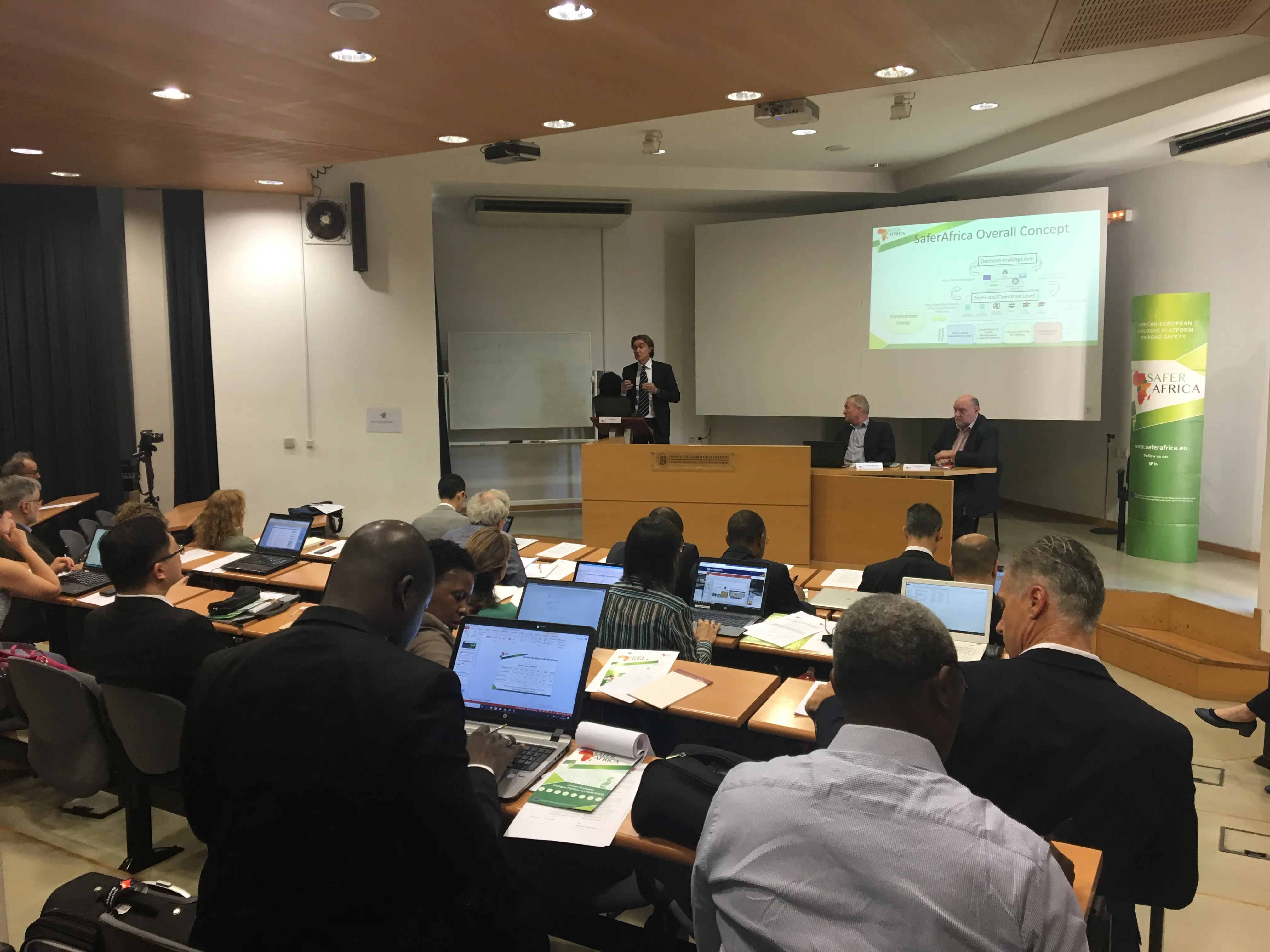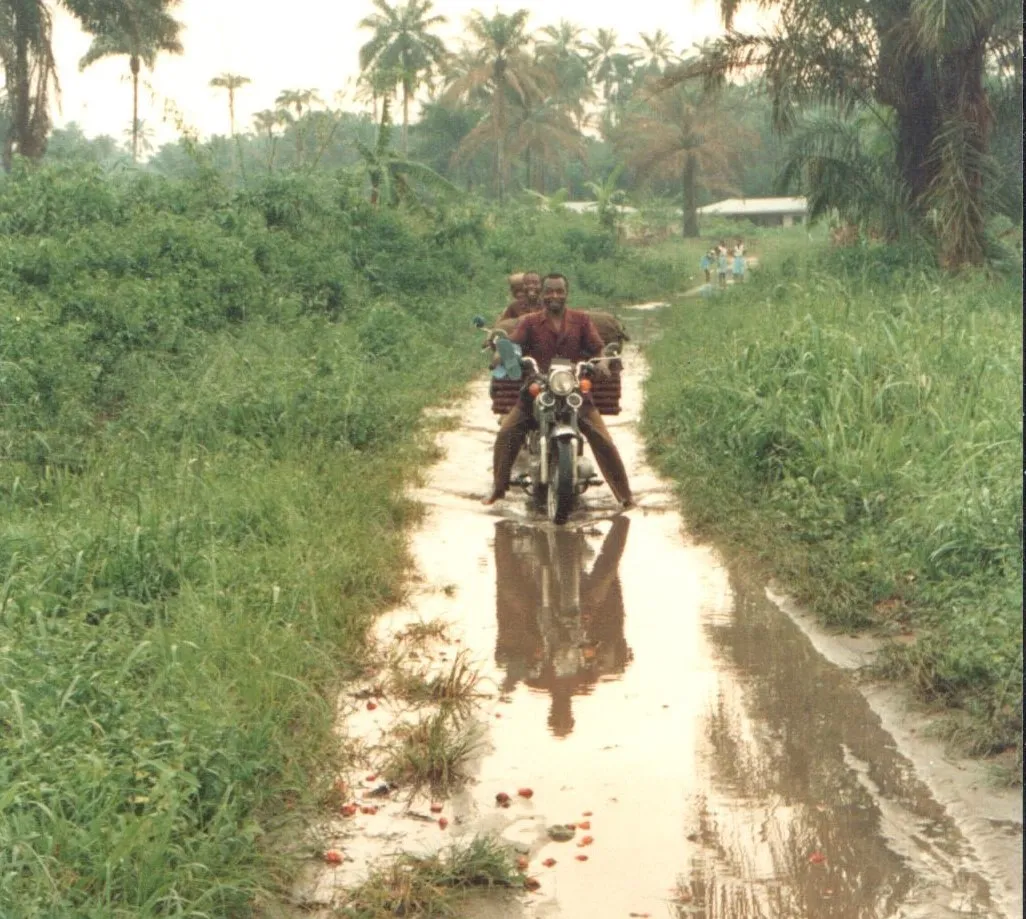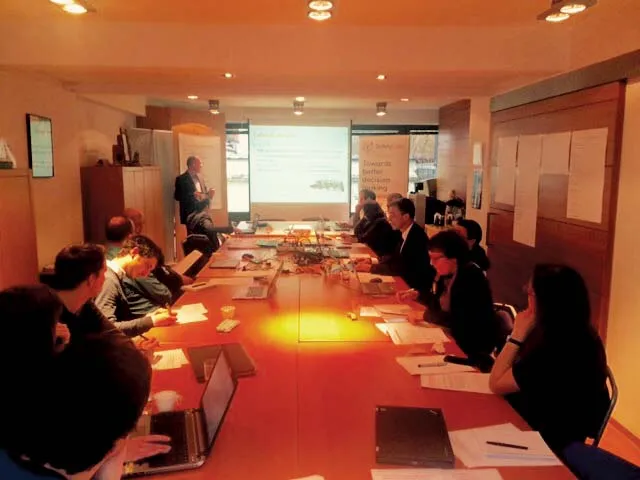
The SaferAfrica Project aims to establish a Dialogue Platform between Africa and Europe focused on road safety and traffic management issues. The primary role of the dialogue platform is to act as a high-level and high-powered body that can help positively influence changes in the African regions.
The platform works at two different levels: high-level via the management board made-up of prominent institutions like the
The project activities are oriented to the “Safe System” approach and grouped around four pillars: Road Safety Knowledge and Data; Road Safety and Traffic management Capacity Review; Capacity Building and Training; Sharing of Good Practices. These have been specifically identified to be aligned with the mid-term review of the African Road Safety Action Plan.
SaferAfrica aims at:
- Contributing to developing/designing actions related to the Action Plan (and, in particular, to its mid-term review) together with individual African countries/organisations.
- Assessing progress toward the goals of the Action Plan and, based on assessments of the solutions adopted by various countries, releasing recommendations.
- Increasing the endogenous capacities of African countries.
- Fostering the adoption of the principles of the Safe System approach, in which all elements of the road transport system are defined in an integrated way, with the aim of ensuring crash energy levels below what would cause fatal or serious injury.
The meeting in Athens was also the opportunity to discuss SaferAfrica’s work for the development of a Pan-African Road Safety Data and Knowledge Centre, effectively working as a Road Safety Observatory. The aim is to support policymakers and stakeholders with evidence of critical risk factors and identification of related actions and good practices on the basis of high-quality data and knowledge. The Observatory is based on international experiences such as the European Road Safety Observatory (ERSO) and calibrated on the specific needs of African stakeholders and sub-regions, as well as to specific road safety problems. Starting from a detailed collection and assessment of existing data in African countries, the Road Safety Observatory is committed to conduct a large-scale survey to be distributed to national and international road safety authorities and organisations, with a view to collect road safety data, namely: collection systems and basic definitions; fatality data; exposure data; and safety performance data.
An analysis system will be put in place to estimate usable indicators, develop an evidence base for the problems at stake, map the critical areas and challenges in every African region and identify risk factors. The Road Safety Observatory web-based portal will be soon accessible. Knowledge and management tools, such as statistics, reports, fact sheets, knowledge resources and links are at stakeholder disposal through the portal.








